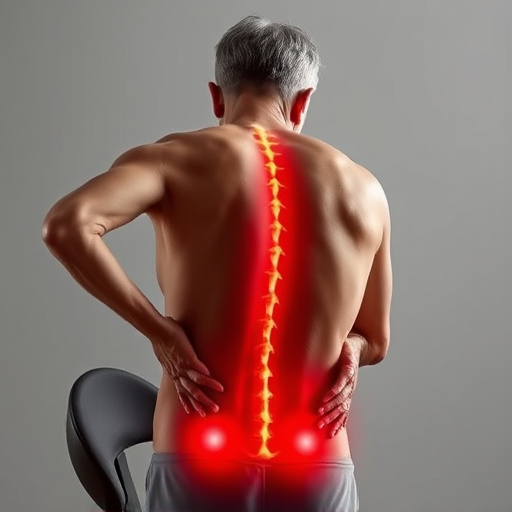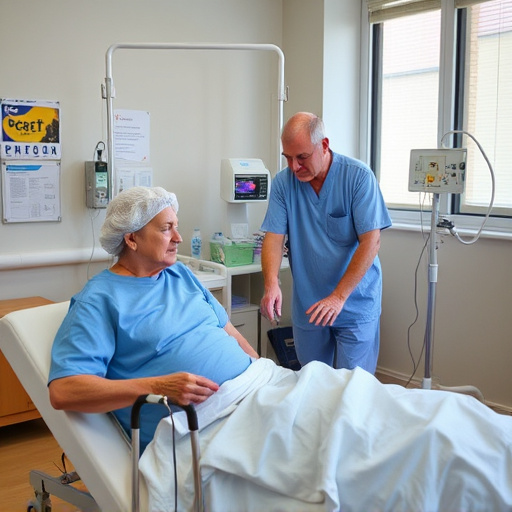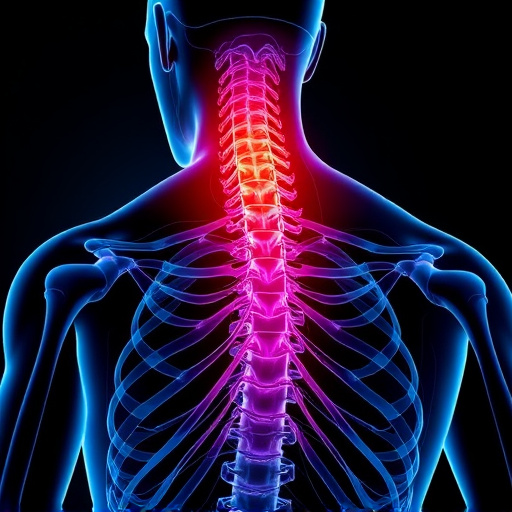Auto injury assessments are crucial after car accidents to accurately identify and address potential injuries. Through thorough examinations and imaging tests, healthcare experts diagnose issues like whiplash or spinal trauma, creating personalized rehabilitation plans. To ensure a comprehensive evaluation, prepare with relevant documents, document symptoms, and ask questions. The timing of the first assessment is vital; occurring promptly post-accident, it ensures accurate information gathering and effective treatment planning, potentially mitigating long-term complications.
“Unsure when to seek an auto injury assessment? This guide navigates the crucial steps towards optimal recovery. Auto injury assessments are essential for understanding the extent of your injuries post-accident. Herein, we explore the significance and timing of these visits, offering insights on preparing effectively. From gathering medical records to bringing relevant documents, be ready to expedite your journey. Learn about the ideal time frames for initial assessments, ensuring you receive timely and accurate care. Empower yourself with knowledge—a key step towards a successful recovery.”
- Understanding Auto Injury Assessments: When and Why They're Necessary
- Preparing for Your Visit: What to Expect and Bring
- Timing is Key: Optimal Times for Your Initial Assessment
Understanding Auto Injury Assessments: When and Why They're Necessary

Auto injury assessments play a crucial role in determining the extent of your injuries and devising an effective treatment plan following a car accident. These comprehensive evaluations are necessary for several reasons. Firstly, they help establish a clear diagnosis by examining various aspects such as range of motion, muscle strength, and sensory function. This is essential because auto accidents can lead to a wide array of injuries, from whiplash and neck pain relief to more severe spinal or brain traumas.
During an auto injury assessment, qualified healthcare professionals—including physicians, chiropractors, and physical therapists—will carefully assess your symptoms and medical history. They may order imaging tests like X-rays or MRIs to get a detailed look at the affected areas. The findings from these assessments guide the development of tailored rehabilitation plans, including physical therapy for neck pain relief and other injuries, ensuring optimal recovery and injury rehabilitation.
Preparing for Your Visit: What to Expect and Bring

Before your first auto injury assessment visit, prepare by gathering all necessary information and documents related to the incident. This includes insurance details, police reports, and any medical records or prescriptions from previous treatments. It’s also helpful to note down symptoms experienced since the accident, including any pain, discomfort, or limitations in movement. Dress comfortably for your visit, as you may need to perform some basic physical activities to demonstrate your range of motion.
Bring along any existing reports or assessments related to your injury, and don’t hesitate to ask questions about what will happen during the assessment. This proactive approach ensures a thorough evaluation and can facilitate better post-injury care, potentially leading to chronic pain relief through appropriate chiropractic care.
Timing is Key: Optimal Times for Your Initial Assessment

Timing is critical when it comes to your first auto injury assessment visit. Ideally, this should occur as soon as possible after the incident, while memories of the event are fresh and symptoms are at their most acute. Prompt action ensures that relevant details about the accident are captured accurately, which can significantly aid in the diagnosis and treatment plan.
For instance, if you’ve experienced whiplash or other types of injuries from a car crash, early intervention can make a substantial difference in your recovery process. It allows healthcare professionals to recommend appropriate treatments like shockwave therapy for muscle and tendon damage or initiate post-injury care plans that include functional rehabilitation to restore mobility and strength. This proactive approach not only speeds up recovery but also helps prevent long-term issues from developing.
Scheduling your first auto injury assessment visit is a crucial step in ensuring proper care and compensation after a car accident. By understanding the purpose of these assessments, preparing accordingly, and choosing the right time, you can navigate this process smoothly. Remember, timely action is vital in personal injury cases, so don’t delay in seeking professional evaluation to protect your rights and well-being.














